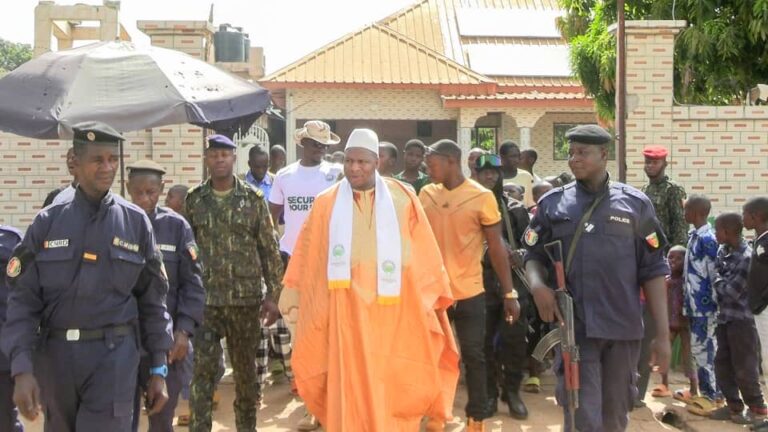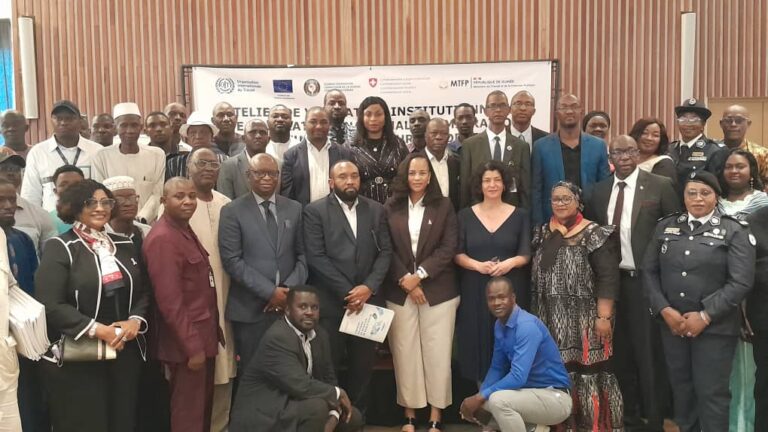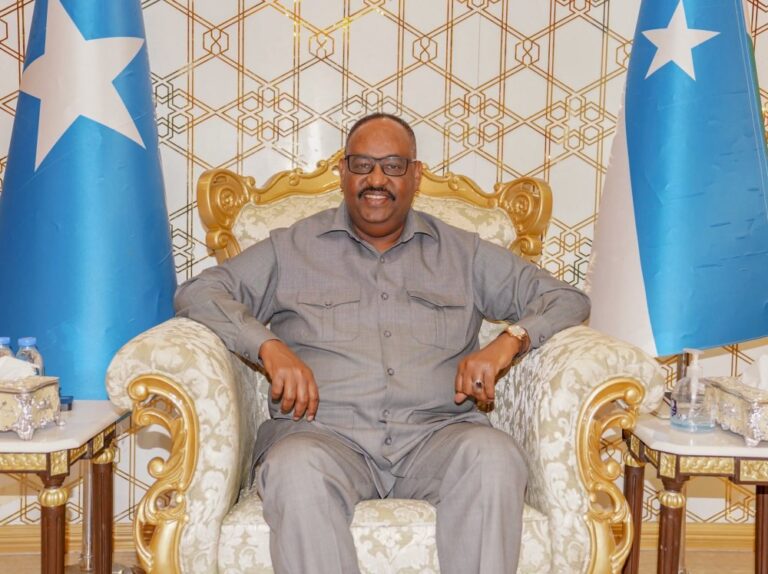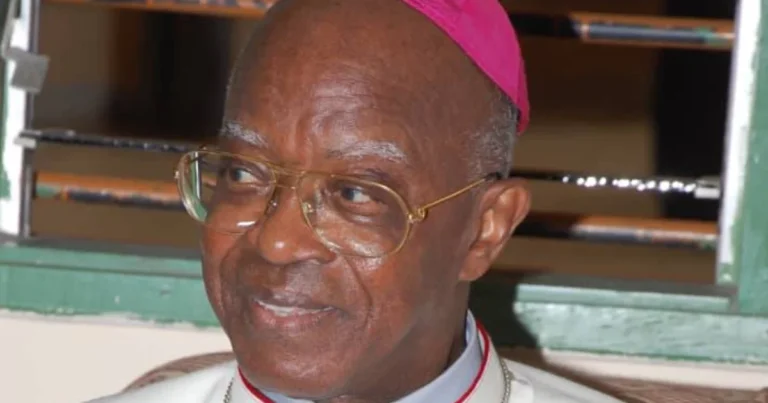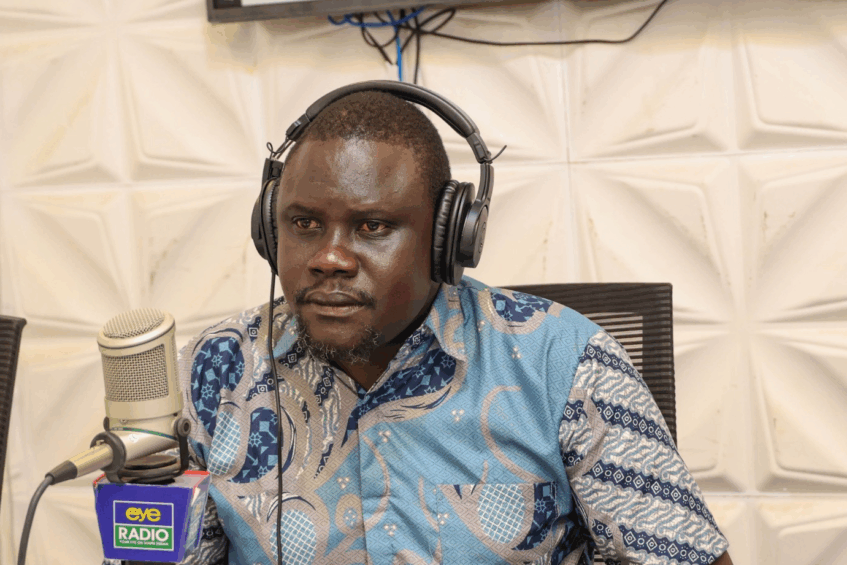
Author: James Atem Kuir | Published: 52 minutes ago
Analyst Baboya James speaking on the Sundown Show on Thursday, June 12, 2025 – Eye Radio
An economic analyst has criticized the government for operating without a parliament-approved budget, calling it a violation of public finance and accountability laws.
Baboya James Edmund, an economic analyst and researcher at the Institute for Social Policy and Research, said the government’s continued delay in presenting a budget undermines public trust.
His comments follow a meeting between President Salva Kiir, Vice President Benjamin Bol Mel, who leads the economic cluster, and other officials to discuss measures to address the country’s economic challenges.
According to the Office of the President, the high-level meeting also discussed ongoing engagements between the Ministry of Finance and the Bank of South Sudan on fiscal and monetary policies.
In a related development yesterday, the Ministry of Finance and Planning announced the release of salaries for civil servants and members of organized forces, saying all payments and transfers to the states have been posted and are ready for disbursement.
However, Baboya expressed concern over the ministry continuing financial operations, including salary payments, without an approved budget.
He said the budget is crucial for accountability and limiting government spending.
“I am very appalled with the behaviour of the government wanting to discuss the national budget and begin to pay salaries outside its scope. You cannot operate a country without a national budget, which guides expenditures, decision-making, and tax collection,” he lamented.
“So, what is the minister telling the president, and what is the president thinking about reforms and addressing the economic situation in South Sudan without following the legal provisions and frameworks of the country?” he added
Baboya called on the government to present the national budget to parliament to ensure operations comply with public finance and accountability laws.
“This is a non-starter from civil society and from the economic analysis perspective, especially for us in civil society. I think it is important for the government to rethink its behaviours and how it operates outside the law. Operations should be within the legal framework, because the law guides effectiveness and efficiency.
“Without understanding legal requirements, including inclusive implementation of the revitalized peace agreement, the economic situation in South Sudan will never improve,” he stated.
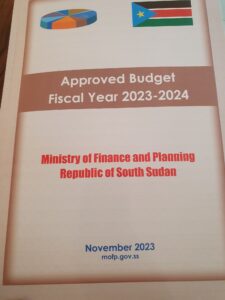
Meanwhile, civil society activist Edmund Yakani welcomed the payment of salaries for civil servants, describing it as a positive step towards improving the welfare of government employees.
Yakani also applauded the Ministry of Finance and Planning for ensuring that civil servants in areas without banking facilities receive their salaries in cash.
“Our appeal to the Ministry of Finance is that these payments should be actual and accessible. In the past, soldiers and civil servants were told their salaries had been paid, but when they checked their bank accounts, they could not access their money for long periods of time,” he said.







